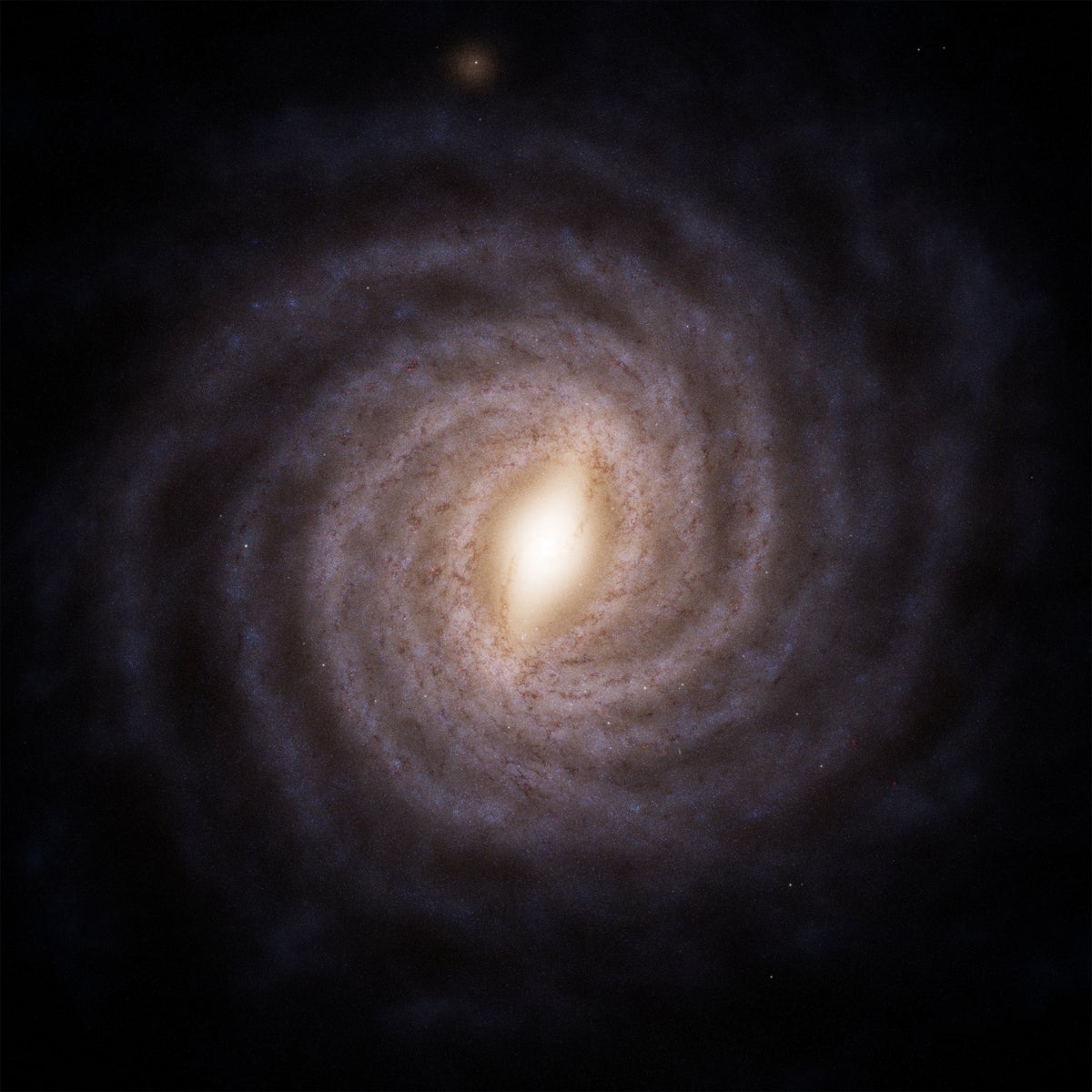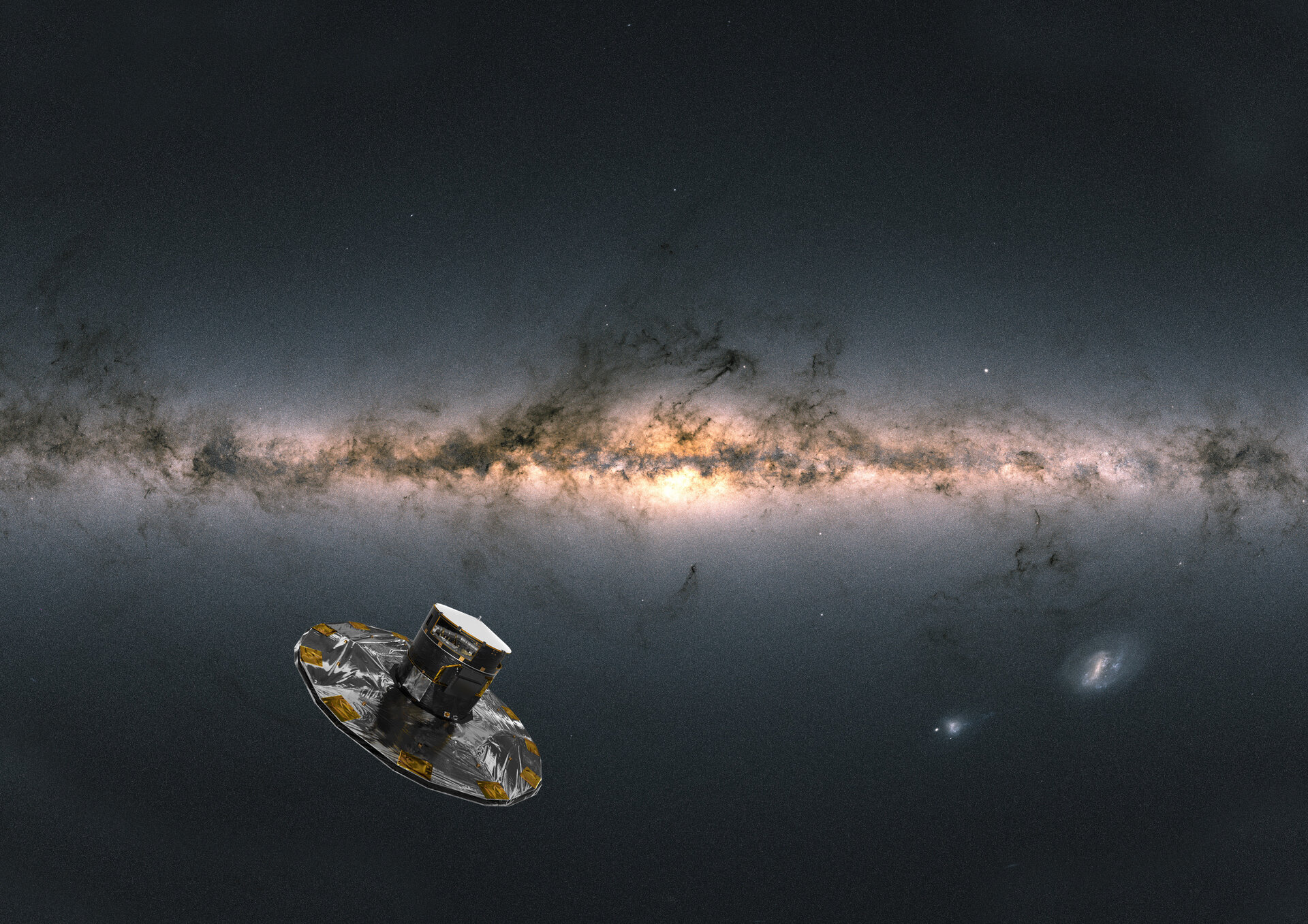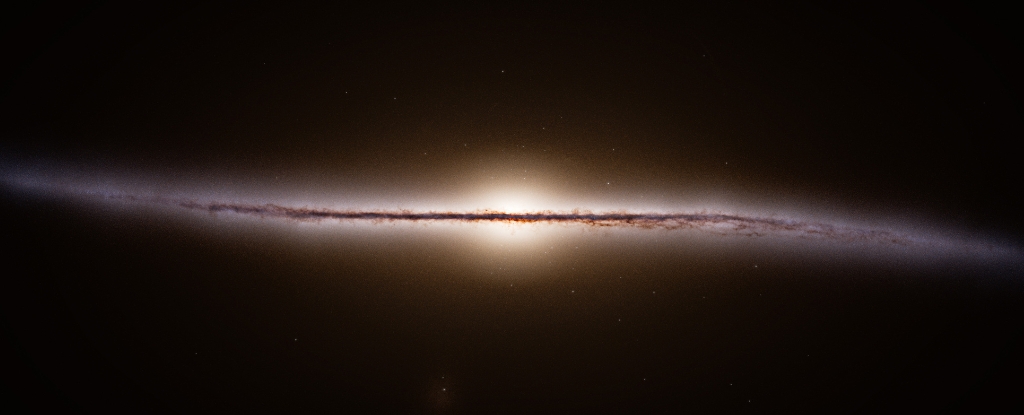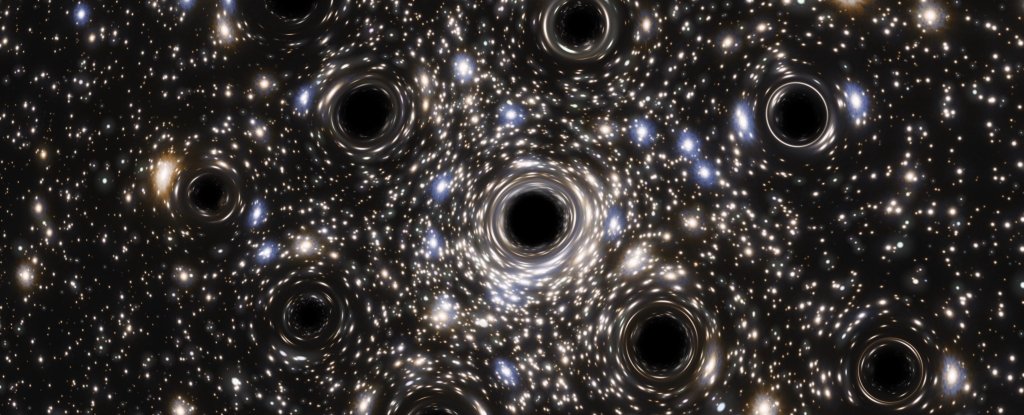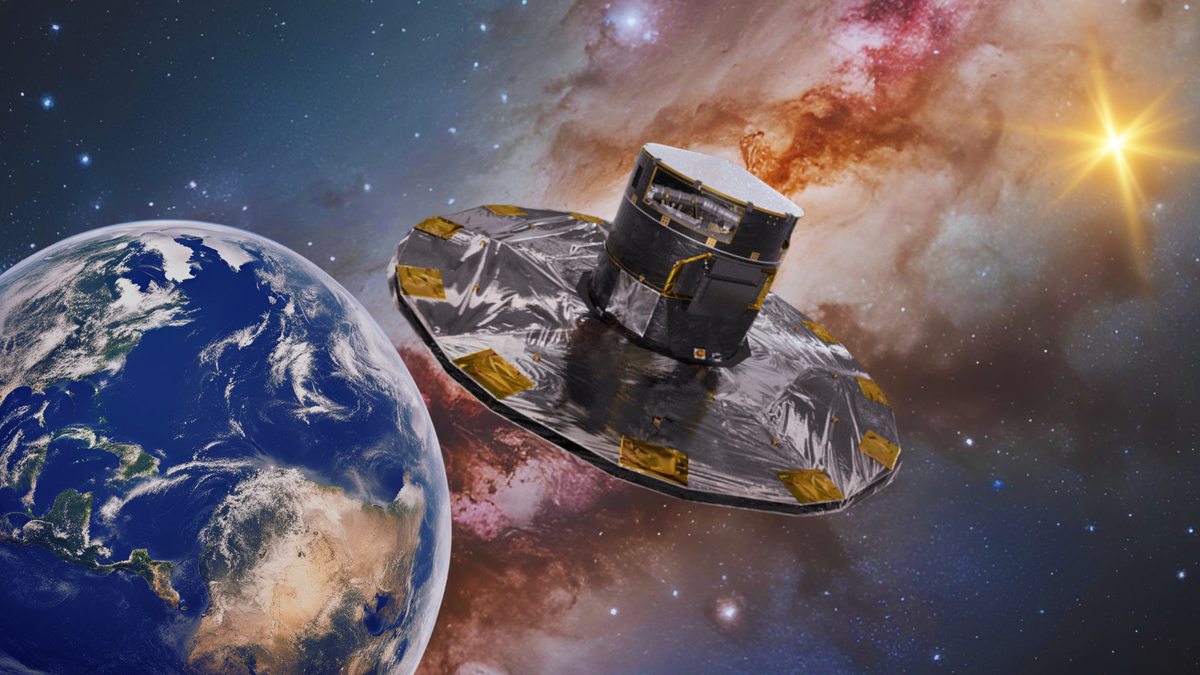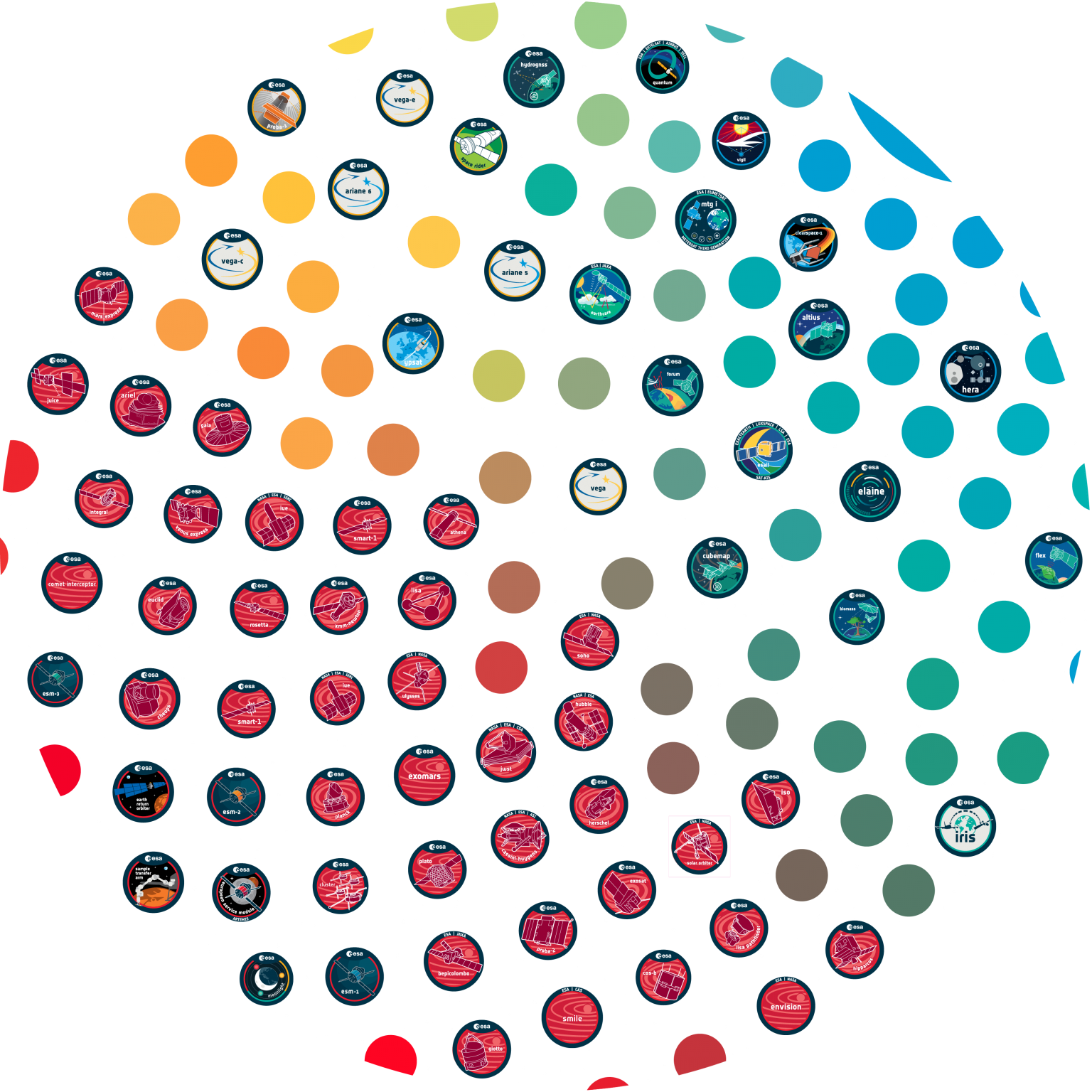Gaia
In Greek mythology, Gaia, also spelled Gaea, is the personification of the Earth and one of the Greek primordial deities. Gaia is the ancestral mother—sometimes parthenogenic—of all life. She is the mother of Uranus, from whose sexual union she bore the Titans, the Cyclopes, and the Giants; as well as of Pontus, from whose union she bore the primordial sea gods. Her equivalent in the Roman pantheon was Terra.
